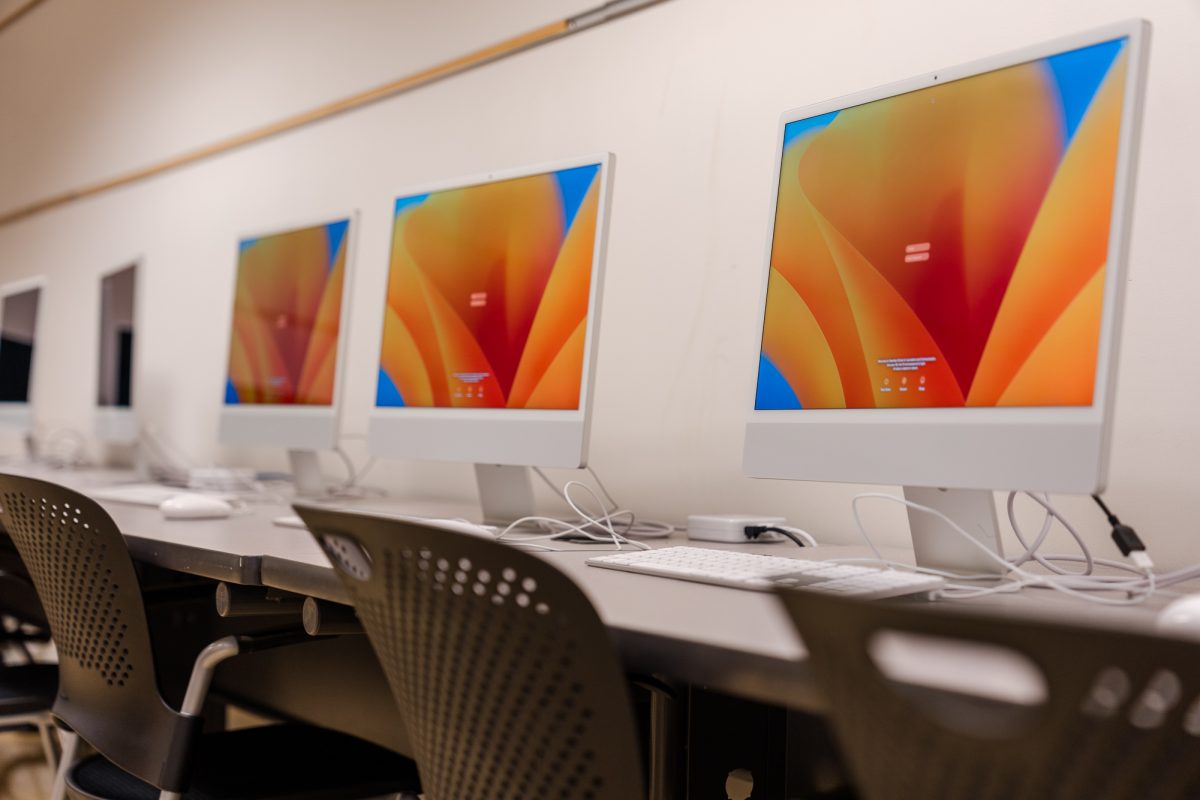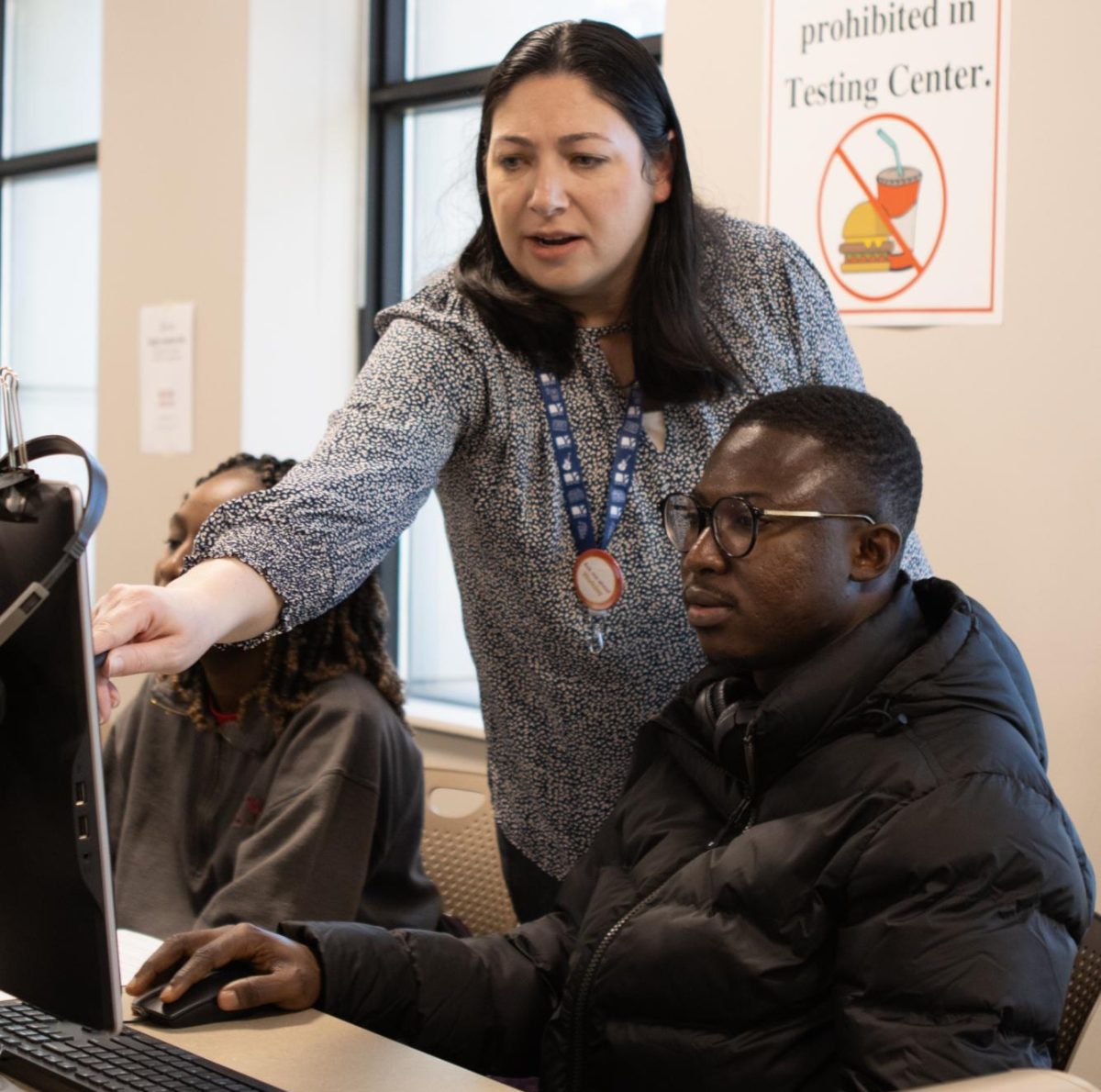After the shift to online instruction after the pandemic, professor Jason Chan said his study suggests online learning does gauge student learning, with little change between online and in-person exam scores.
Chan, a psychology professor, said he capitalized on the moment when instruction went online in March 2020 by beginning a study on whether online exams still gauge a student’s learning accurately. He found that, while the cause and extent of cheating are largely unknown, exams given online still gauge a student’s learning overall.
Dahwi Ahn, a graduate student in psychology who collaborated on the study, said she reached out to members of the Iowa State community in the spring of 2020, asking for access to student performance data.
“I reached out to all departments at our university and asked them to advertise our study,” Ahn said.
Ahn said while some were unable to provide data due to logistical reasons, many were still willing to reach out, ask questions and provide their data.
Chan’s study found that all students do better by 4% on average, but their study does not clearly define why. Chan said one reason could be the change in the type of questions asked.
“When classes went online, [instructors] no longer asked short answer questions or essay questions,” Chan said. “Many of them switched to only multiple-choice. And if you compare people’s performance on the same questions, […] they would do better, about 4% better.”
Ahn said they found a strong correlation between all departments and classes, regardless of class size.
“I think that finding just means that our findings were robust and very, very strong,” Ahn said.
While addressing concerns about cheating on exams, Chan said one reason why instructors shy away from online exams is the prevalence of cheating. However, he said while students often take longer to complete tests online, this should not be used as an indicator of cheating.
“I can think of many reasons why students would spend more time during online exams. Maybe they’re just distracted,” Chan said. “Maybe they’re taking the exam and then their pets are interfering with them, or maybe their roommates are talking to them.”
Chan said some factors could influence the results, including cheating and not being allowed to test the same students to gather comparable and reliable results.
“One of the issues with many of the existing survey studies on cheating prevalence is that there’s not a lot of fine grain analysis when it comes to cheating,” Chan said.
While their study did not look into the prevalence or reasons why students cheat, Chan said he has read many literature reviews and there are multiple schools of thought to consider.
“Some researchers argue that students cheat because they can [and] because the opportunity is there for them to cheat, they will take advantage of the opportunity,” Chan said.
Chan said another view is that students who are doing poorly in a class are more likely to cheat, along with students who have anxiety. He explained how some students attempt to justify cheating.
“If you think about one of the biggest scandals in sports, it was using banned substances in cycling and baseball,” Chan said. “You see that basically, all the key people who cheated and use banned drugs are saying, ‘Everybody did it.’ So that’s justification. That is a rationalization of their behavior.”
Chan said the pandemic allowed the team to uniquely test the same students and to gather comparable results – something he said cannot be replicated easily. He said many surveys do not ask questions such as the last time someone cheated or how many times someone cheated. He also said that the growing popularity of AI can make studies like this more challenging.
Ahn said this is the first part of the research, and the second part will focus on replication and generalization by gathering data from more universities. Chan said they are working on a grant proposal to fund more research.
















